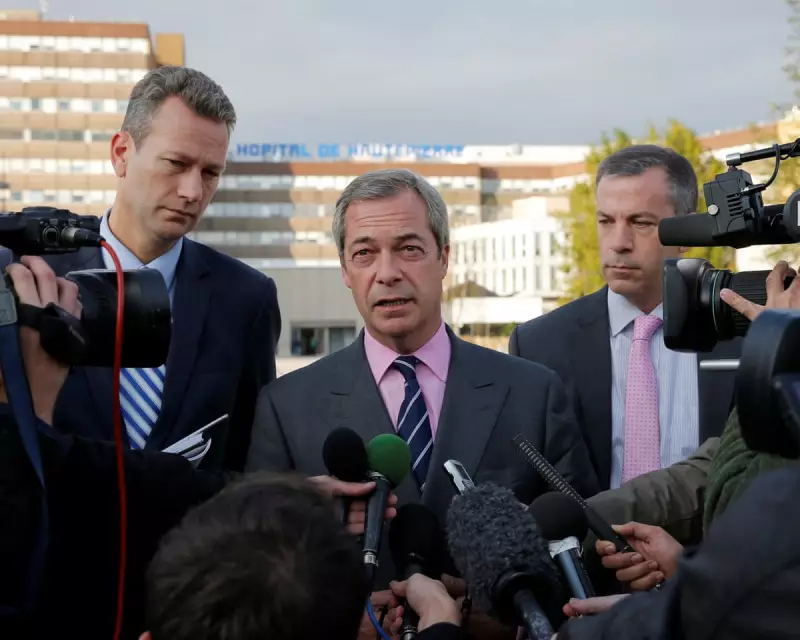
The sentencing of a former senior Reform UK figure for accepting bribes to promote pro-Russian narratives reads like a plot from a political thriller, exposing a direct attempt by Moscow to influence British politics.
From Brussels to the Courtroom: The Gill Case
Nathan Gill, the former leader of Reform UK in Wales and a Member of the European Parliament (MEP), has been jailed after being convicted of taking payments to make speeches supporting Russia and criticising Ukraine. The case provides a concrete example of a pro-Russian agent successfully enlisting and paying a politician from a party friendly to the Brexit cause to disseminate Moscow's propaganda within Europe.
While Russia's attempts to interfere in foreign politics through online disinformation have been documented over the last decade, the Gill case reveals a more traditional and audacious approach. The court heard that while Gill was the only MEP found to have taken direct payments for his pro-Russia statements, some of his colleagues were making similar arguments in favour of Moscow's narrative on the war in Ukraine without any financial reward.
Farage's Long-Standing Russia Stance Under Fire
The conviction places immediate pressure on Nigel Farage, a longstanding associate of Gill who led the parties Gill represented: Ukip, the Brexit Party, and briefly Reform UK. Farage has publicly dismissed Gill as a "bad apple" who betrayed his party and country.
However, Farage's own publicly expressed views on Russia and Vladimir Putin are now facing renewed and intense scrutiny. The political environment within his parties has been seen as sympathetic to Moscow, and his personal comments have frequently aligned with Kremlin talking points.
Farage has repeatedly spoken of his admiration for Putin "as an operator," a comment he made back in 2014 and has not fully retracted. In recent years, he has consistently warned the West against "poking the Russian bear," going so far as to accuse NATO and the EU of provoking the full-scale invasion of Ukraine. Between 2010 and 2014, he made at least 17 appearances on the state-owned Russia Today channel, where he levelled criticisms at European democracies but made no substantive criticisms of the Russian regime.
Political Fallout for a Party Leading in the Polls
The issue of Russia is felt by some within Reform UK to have damaged the party during last year's general election, and the Gill case presents a fresh challenge. With the party now ahead in the polls, there is a clear political danger in appearing soft on Russia, given that British public opinion remains firmly pro-Ukraine and anti-Moscow.
In a clear attempt to contain the damage, Reform UK issued a statement saying Gill had acted in a "reprehensible, treasonous and unforgivable" way.
The Labour party has seized the opportunity, calling on Farage to root out pro-Russia views within his party and to explicitly disavow what they term "Putin talking points," such as the claim that the West provoked the invasion. While Farage is not known for abandoning long-held positions, even when politically expedient, the pressure is mounting for Reform to decisively distance itself from pro-Kremlin sentiments as it eyes electoral success.





